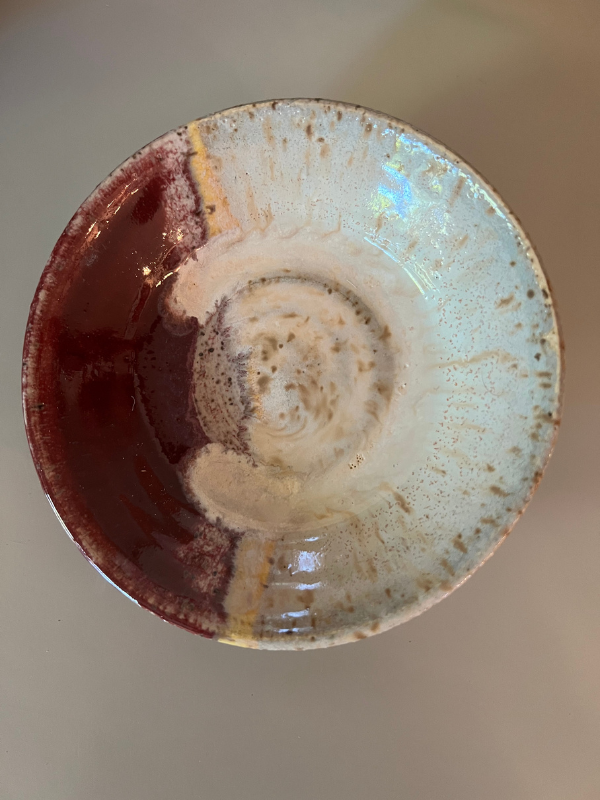The American Art Therapy Association represents a diversity of professionals, students, and organizations across the nation. We recognize and celebrate the work of our members at all levels through our Featured Member series.
June 16, 2022
What does Pride Month mean to you?
I identify as queer and pansexual, and pride month feels deeply personal and complex. While it’s exciting to see pride images everywhere, I am also critical of the intention when it seems that corporations and businesses are pandering to the LGBTQIA+ community during this time of the year and potentially supporting anti-queer and anti-trans legislation the rest of the year. I am all for representation and visibility and would like it to be authentic and uplifting all year round.
Is art therapy uniquely suited for working with LGBTQIA+ communities? Why?
I think, like with any community, art therapy can allow for powerful explorations and insights. For a marginalized and often denigrated community that has to navigate so many systems of oppression, art therapy can permit those within the LGBTQIA+ communities to explore their internal experience, pains, and dreams in a safe and contained experience. BIPOC LGBTQIA+ individuals, especially, may face discrimination and aggression daily and having a trusted and designated space and time to process, grieve, and rage through the art may be essential. As with any therapy, art therapy would only be helpful and safe if the clinician is equipped to work with this population specifically. Therapists have the potential to allow for a corrective and supportive experience or to cause harm and to further shame and traumatize.
How have race, diversity, and/or social justice impacted your work as an art therapist (or art therapy student)?
While I identify as BIPOC, I am white presenting, which comes with inherent
privilege. It took me time to begin understanding the systems of oppression, how they impact my own experiences, and how my privilege impacts others. I’m a first-generation American, a person with a graduate degree, queer, and a woman. My intersectional identity informs every aspect of my life. In my work with clients, I strive to be thoughtful about each individual’s identity, including all facets of it. I have sought training in cultural humility, committed myself to being anti-racist, and know full well that I still have a lot of work and learning ahead of me.
Most importantly, I am tasked with confronting my own biases and limitations and how they may impact my clients. While I never intend to cause harm, that doesn’t mean I won’t or can’t. I cannot be complacent in my commitment to social justice and my commitment to the clients and communities I serve.
Saba Harouni Lurie (she/her/hers), Licensed Marriage and Family Therapist and Board Certified Art Therapist
 Saba Harouni Lurie (she/her/hers) is the owner and founder of Take Root Therapy, a supportive, evidence-based, and LGBTQIA+ affirming practice in Los Angeles, California. In addition to being a Licensed Marriage and Family Therapist and Board Certified Art Therapist, she is also a parent, a partner, and someone who enjoys deep introspection. Saba serves as a professor for Loyola Marymount University in their Marriage and Family Therapy/Art Therapy Department.
Saba Harouni Lurie (she/her/hers) is the owner and founder of Take Root Therapy, a supportive, evidence-based, and LGBTQIA+ affirming practice in Los Angeles, California. In addition to being a Licensed Marriage and Family Therapist and Board Certified Art Therapist, she is also a parent, a partner, and someone who enjoys deep introspection. Saba serves as a professor for Loyola Marymount University in their Marriage and Family Therapy/Art Therapy Department.

